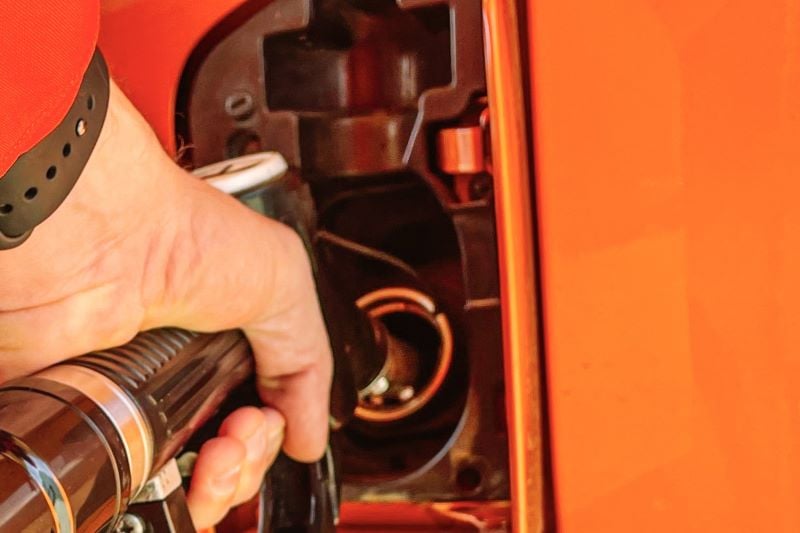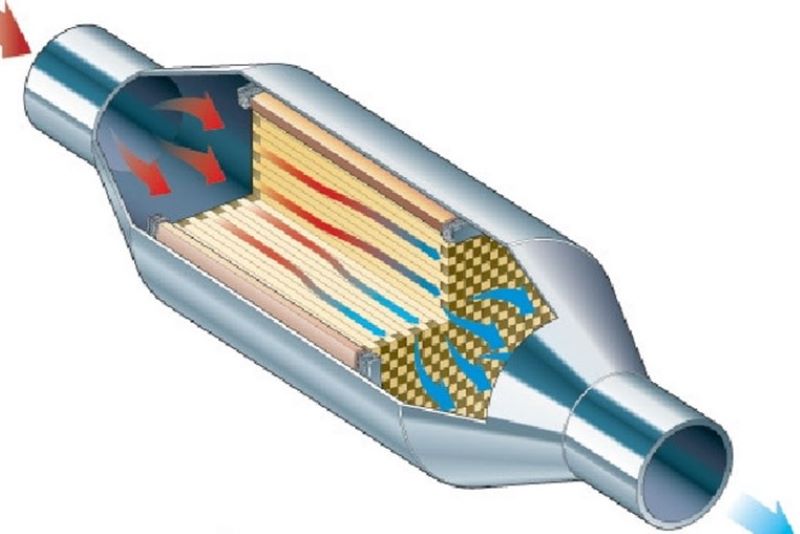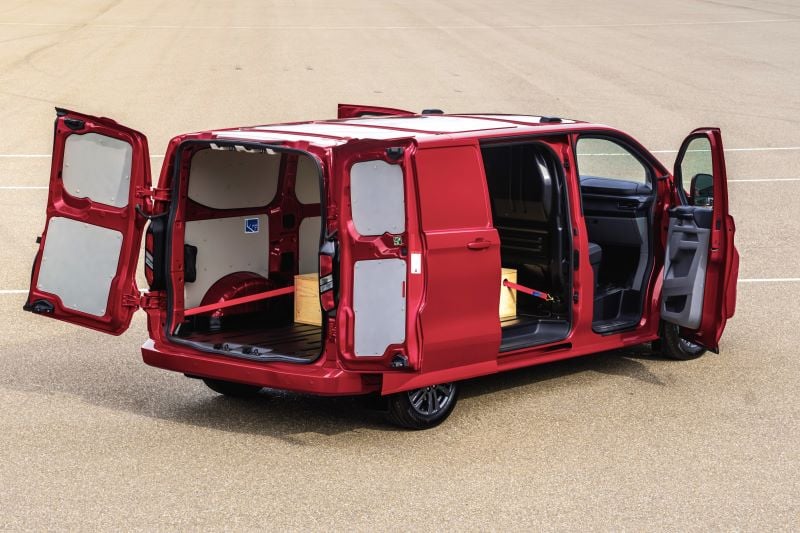The 5 Best and Easiest Ways to Keep Your DPF Clean

As emissions regulations tightening continue to tighten, innovations such as the Diesel Particulate Filter (DPF), play a significant role in getting our carbon footprints down and being kinder to the environment.
DPR’s have been commonplace in diesel vehicles for two decades now and represent a major step forward in attempting to reduce the level of harmful materials being emitted into the environment.
While diesels are steadily being phased out among passenger cars in favour of cleaner electric power, the diesel-fuelled vans still make up almost 90 per cent of van sales in the UK.
It means van drivers should be aware of ways to ensure the DPF remains clean and well maintained as not doing so could lead to an increase in harmful emissions being produced or damage altogether.
To ensure you avoid any nasty – or expensive – issues with your DPF, allow Vansdirect to offer you five invaluable tips to keep it clean and functioning at its best.

What is a Diesel Particulate Filter?
DPFs collect the soot when a diesel engine is burned and prevent harmful emissions, thus providing a significant benefit to the environment.
Whichever new van you have, the process is the same: exhaust gases go through the filter leaving large particles of soot behind.
These particles can cause significant problems as the soot may block your filter, stopping you engine from running and leaving you with a significant repair bill.
To stop a blockage, the soot needs to burn at a temperature that is high enough to alter it into smaller particles of ash, which can then be released from the system. When this 'regeneration' or cleaning phase is disturbed is where the majority of problems occur with DPFs.
Indeed, the cost of fixing it or replacing a filter can be substantial, so maintaining your DPF could ultimately save you thousands in repairs.
Is It Illegal to Remove a DPF?
Yes, the DPF is there to play a critical role in keeping a check on the harmful emissions produced by diesel engines, so removing would invalidate your car insurance policy and could land you a fine of up to £2,500.
How Can I Tell if my DPF is Blocked?
A warning light should illuminate on the dashboard of your van, the ‘exhaust-like’ logo being a universal rectangle with spots on it with a pipe sprouting either side.
5 Top Tips to Keep Your DPF Clean and Working!
1. More Sustained Driving at Speed
You don't need to check your eyes here, completely in contrary to popular belief, driving your van at higher sustained speeds may save you money in the long run.
This is because DPFs are more prone to getting blocked during short journeys at low speeds, which is why petrol and electric is recommended for those who are most likely to drive in cities and towns.
For DPFs to undergo the regeneration process, a number of conditions need to be achieved, including: speed, RPM and engine temperature. If any one of these conditions is not met, then the process of regeneration will not start.
We recommend doing some research on your particular van and finding out at what speed you need to drive and for how long and at how many revs per minute (RPM).
2. Use the Correct Oil
Choosing the correct oil for your new van makes a big difference towards ensuring your new van’s engine produces the least amount of diesel particulate matter possible. Try to ensure you use manufacturer approved engine oil.
3. Check Your EGR Valve
Your Exhaust Gas Recirculation valve can become obstructed over time with the soot and carbon that they are designed to recirculate.
This may lead to the valve sticking open for longer than it should, increasing the particulates, carbon and soot that will be fed back into your engine.
If your EGR valve isn't working properly, then the engine warning light should show, however if you have undergone previous DPF problems we recommend getting the EGR valve inspected before having to pay out for any further DPF regenerations.
4. Limit Driving in Busy Towns and Cities
The start and stop driving associated with busy urban driving is one of the significant reasons as to why many new van drivers have problems with their DPF.
Driving short distances at low speeds and the constant stopping and starting that can be present in built up areas make it incredibly difficult to achieve the conditions required for an active or passive DPF regeneration.
You may want to vary your route and use some faster or less congested roads to increase your opportunity for regeneration.
5. Buy the Right Van
Some vans and engines can be more prone to DPF issues than others, so before investing into a new van you may want to do your research on the best options available for your requirements.
Or, taking into account your driving requirements, you may be best placed looking into an alternative fuel method, either petrol or electric. We have a team of experts at Vansdirect who will be able to advise you best depending on your requirements.

Lease A Ford or Vauxhall Van with Vansdirect
Leasing a new Medium Van with Vansdirect has never been easier or better value.
Get the right van at the right deal, right now with the best medium van leasing deals available across a wide array of models, including the Renault Trafic, Vauxhall Vivaro and the Ford Transit Custom.
Speak to our expert team today and you could be driving a new van for less than you think, sooner than you thought.

















